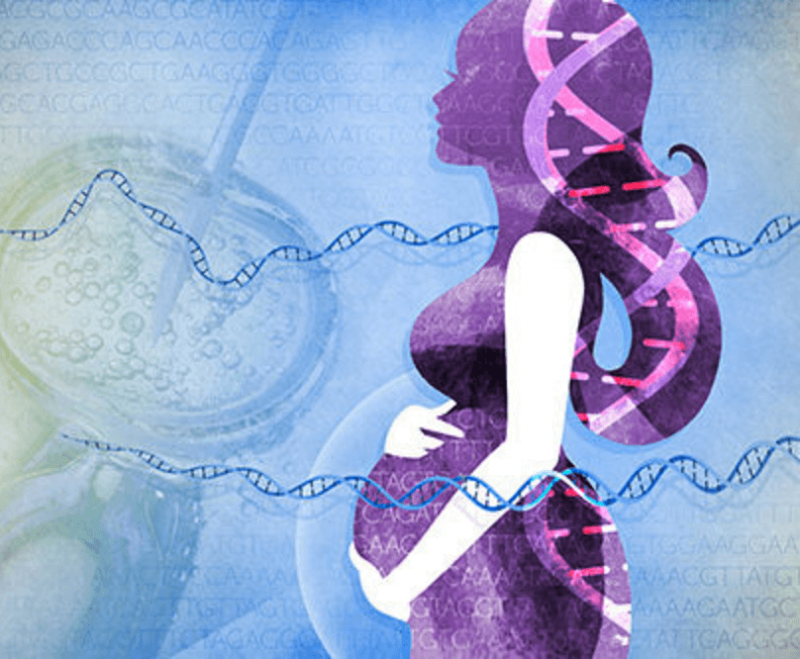I have a condition called X-linked hypophosphatemia, or XLH, which results in a form of dwarfism.
…
I have a 50 percent chance of passing XLH on. And since the birth of my son, Walker, I’ve had another daughter, Eliza, who has XLH as well.
…
Occasionally, I come across the term “designer baby,” and I am reminded that some parents now have the option to screen or modify the genes of their unborn children to ensure or avoid certain traits. It always gives me a feeling of unease.
…
I am aware that some studies do show that short people score less points on “happiness scales,” whatever they may mean, but we are not the average study subjects. We are ourselves, individuals; we are what we are — short and proud of it. We are people with a disability.
…
I know what the “designer baby” people would say: the more “advantages” — beauty, height, intelligence — the better the life chances, the better the life. But I am not sure I believe them.
Life is more than that.
The GLP aggregated and excerpted this blog/article to reflect the diversity of news, opinion and analysis. Read full, original post: Passing My Disability On to My Children































